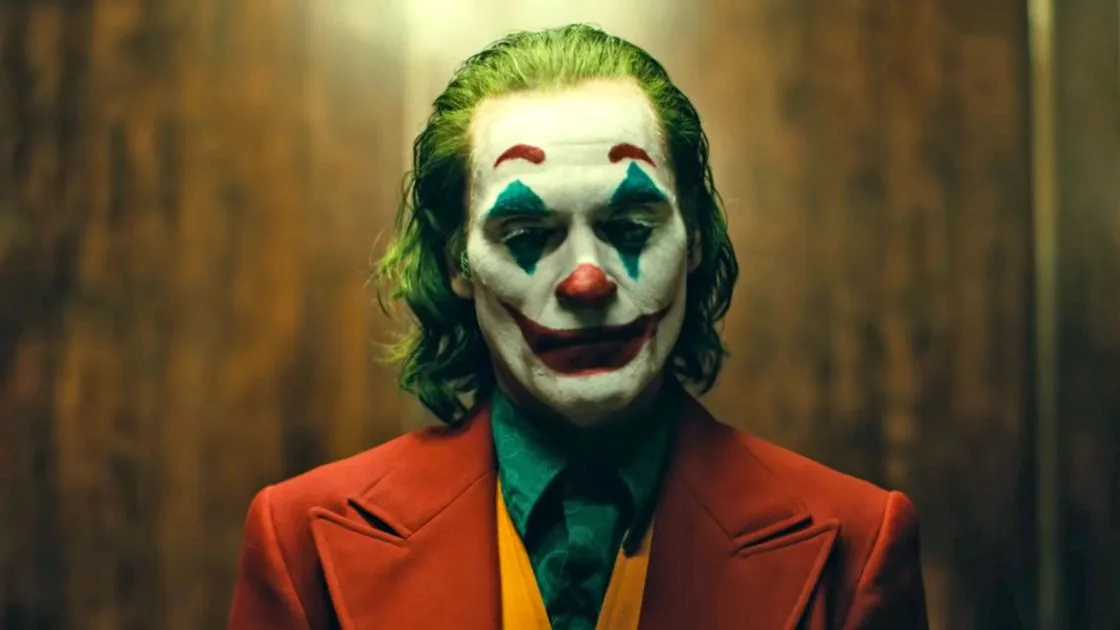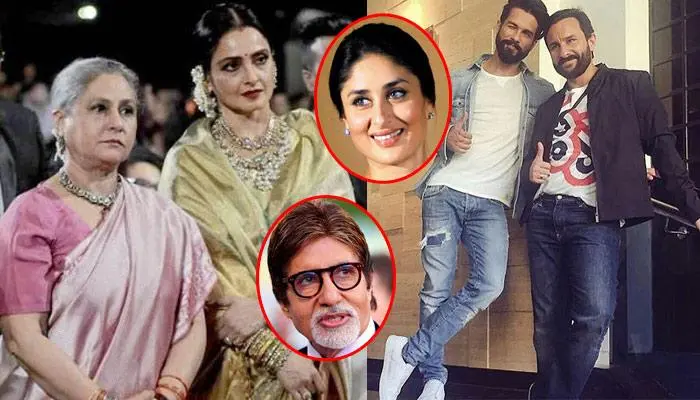Introduction: From its inception as a beloved comic book villain to its unforgettable portrayal by Heath Ledger in “The Dark Knight,” the Joker has captivated audiences with its enigmatic nature. However, Todd Phillips’ 2019 film “Joker” delves deeper into the origins of this iconic character, offering a dark and introspective exploration of mental health, societal decay, and the power of human resilience. With its thought-provoking narrative and Joaquin Phoenix’s mesmerizing performance, “Joker” stands as a haunting masterpiece that forces us to confront the darkest corners of the human psyche.
A Bleak Gotham City:
The Setting that Reflects Our Society In the film, Gotham City serves as a metaphor for the real-world societal issues we face today. With its decaying infrastructure, rampant crime, and growing wealth disparity, the city becomes a breeding ground for despair and disillusionment. By placing the audience within this bleak urban landscape, “Joker” sheds light on the consequences of neglecting mental health and social inequality, forcing us to question the systems that perpetuate such conditions.
Arthur Fleck:
A Tragic Portrait of Isolation and Desperation At the heart of “Joker” lies the character of Arthur Fleck, a struggling comedian and aspiring entertainer. Joaquin Phoenix’s transformative performance humanizes Arthur, inviting empathy and discomfort simultaneously. We witness his descent into madness as he grapples with a society that continually rejects and marginalizes him. Through Arthur’s struggles, the film examines the devastating consequences of neglecting those in need, illuminating the importance of empathy and compassion.
Exploring the Fragility of Mental Health
One of the most poignant aspects of “Joker” is its portrayal of mental health. The film confronts the stigma surrounding psychological disorders and the dire consequences of ignoring or underestimating their impact. Arthur’s gradual unraveling serves as a stark reminder of the fragility of mental health and the consequences of overlooking it within our society. By shedding light on this issue, “Joker” encourages a much-needed conversation about the importance of mental health care and support.
Society as the Catalyst for Chaos
As the film progresses, Arthur’s transformation into the Joker is not simply the result of internal turmoil but is fueled by external factors. Phillips explores the notion that society’s indifference and cruelty can drive individuals to embrace chaos and violence. “Joker” challenges us to consider the repercussions of our actions and the role we play in shaping the world around us.
The Power of Joaquin Phoenix’s Performance
Joaquin Phoenix’s portrayal of Arthur Fleck is nothing short of extraordinary. Through his physicality, nuanced facial expressions, and haunting laughter, Phoenix embodies the character’s pain, vulnerability, and eventual transformation. His commitment to the role earned him an Academy Award and solidified his place in cinematic history. Phoenix’s performance elevates “Joker” from a mere comic book adaptation to a profound exploration of the human condition.
Conclusion:
“Joker” is a film that transcends the superhero genre, delving deep into the recesses of the human psyche. Through its exploration of mental health, societal decay, and the power of empathy, it forces us to confront uncomfortable truths about ourselves and the world we inhabit. Todd Phillips and Joaquin Phoenix’s collaboration presents a dark, thought-provoking narrative that leaves a lasting impact. By challenging us to examine the consequences of our actions, “Joker” reminds us of the importance of compassion, understanding, and the power of resilience in the face of adversity.
![]()





